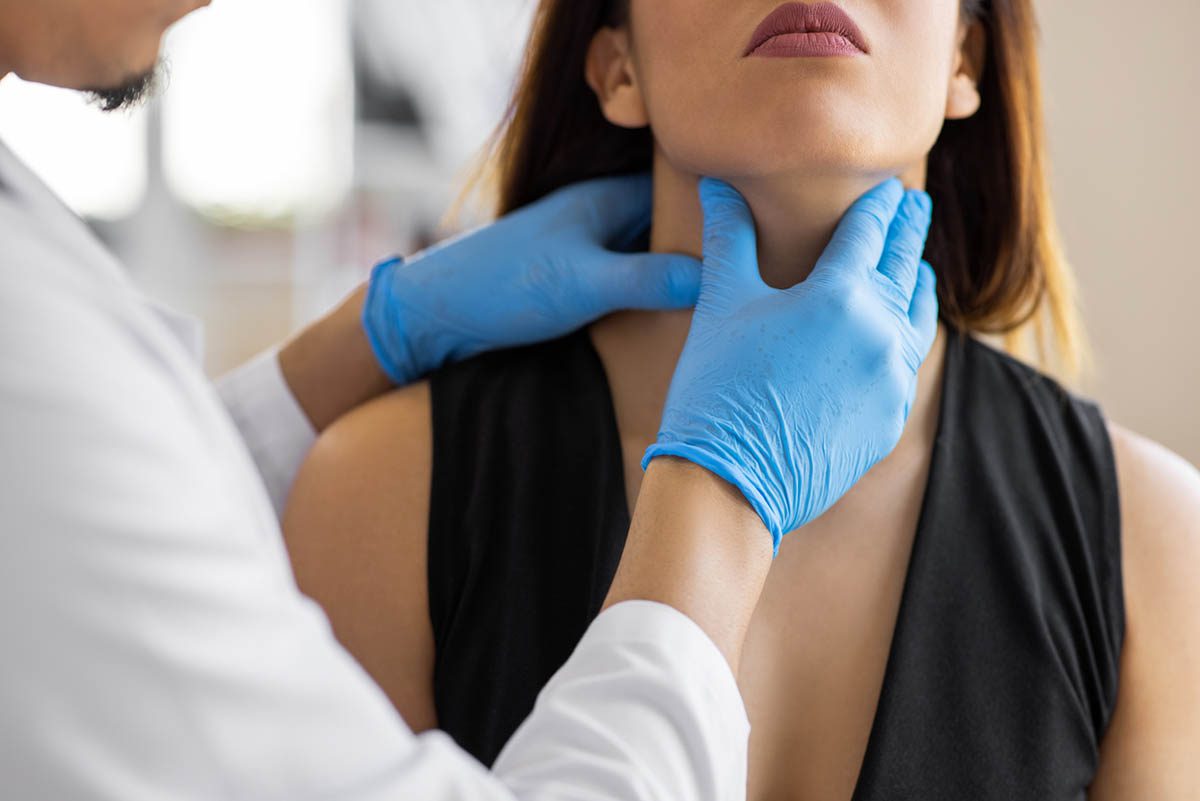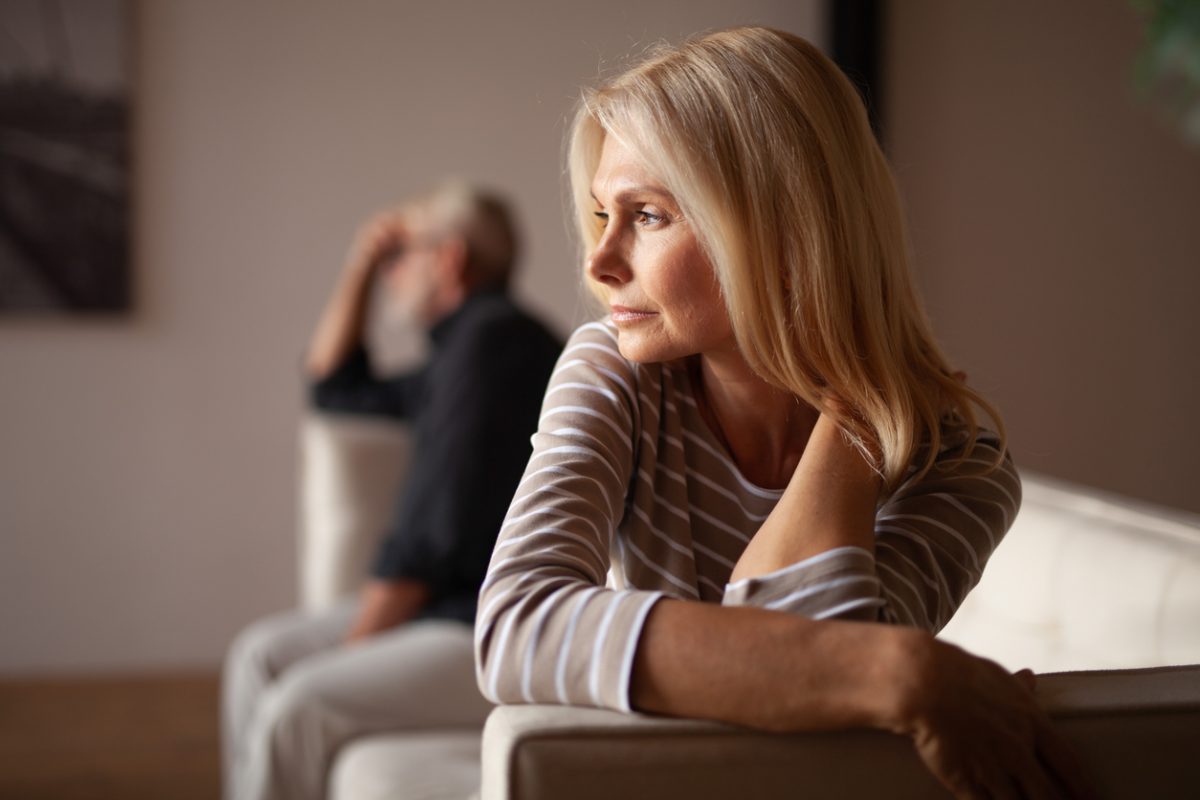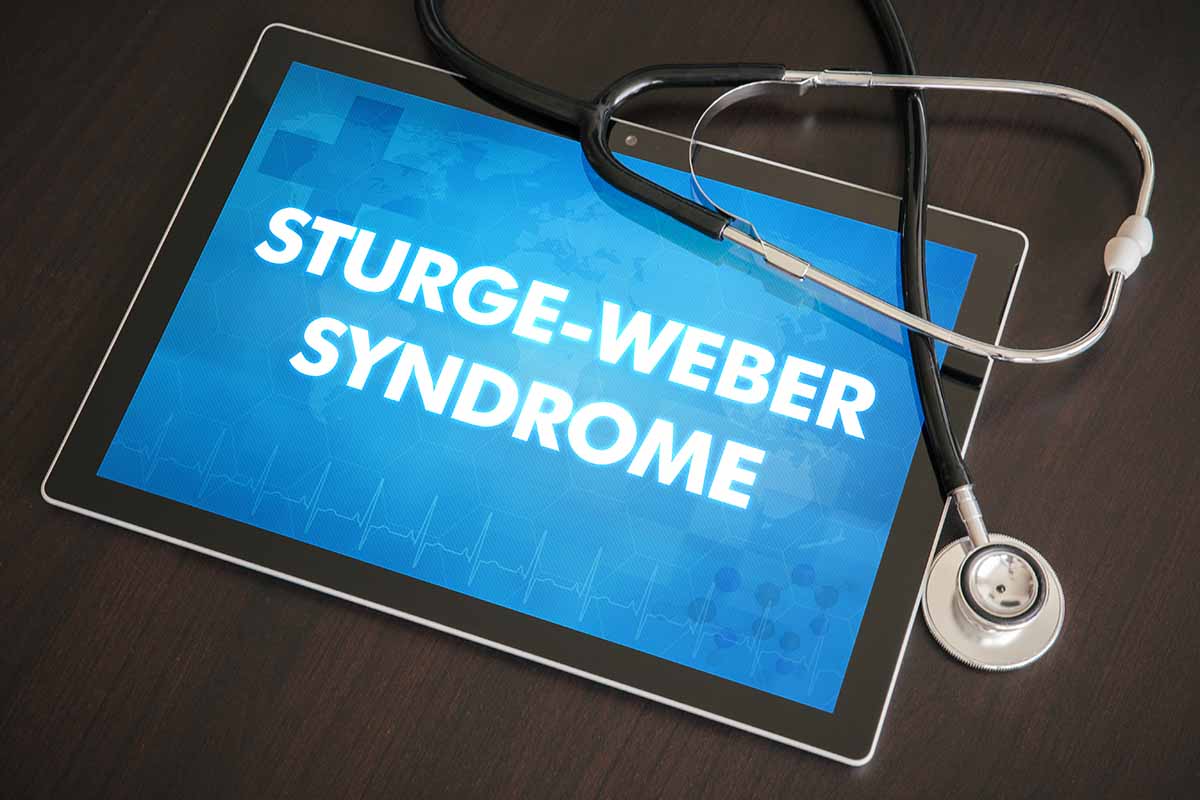
Lockdown and Psychosis:
A Paranoid Delusion
The novel coronavirus disease 2019 (COVID-19) pandemic has had a severe impact on both the physical and mental health of the general population. Lockdown measures applied by the Italian government have been crucial in containing the spread of infection. To date, there is a lack of studies concerning the effects of lockdown on the Italian population’s mental health. We describe a patient who developed a paranoid delusion caused by isolation, uncertainty, anxiety, and fear related to lockdown.
Case Report
The patient was a 64-year-old married, retired Italian woman, who had completed elementary school, was the 9th of 11 siblings, and had no family or personal psychiatric history. She reported secure attachment to family members, and her psychological and social functioning was adequate. She had hypertension and dyslipidemia.
During the lockdown period, starting March 8, 2020, she spent most of her time searching for COVID-19-related news on mass media, with increasing levels of anxiety and irritability, leading to significant impairment in daily functioning and insomnia. On May 2, 2020, she arrived at the emergency department of San Gerardo Hospital, Monza, Italy, presenting with conceptual disorganization and significant hyperactivity. The physical evaluation was unremarkable, and no respiratory symptoms were noted. Blood tests and a nasopharyngeal swab for severe acute respiratory syndrome coronavirus 2 were negative, and magnetic resonance imaging showed no brain lesions. It was decided that hospitalization in the psychiatry ward was required.
The mental status examination showed tangential thinking, loosening of associations, and florid paranoid delusions about COVID-19 and Italian political authorities, such as the COVID-19 pandemic did not exist at all and the Italian government was plotting to restrict freedom of the Italian people to gain social, political, and economic control over the country. Protracted isolation and misinformation overload about COVID-19-related events thus led the patient to complete denial of the pandemic.
At hospital admission, results of the Positive and Negative Syndrome Scale (PANSS),1 a clinician-reported outcome scale, were total score: 76/210, positive scale: 26/49, negative scale: 7/49, and general psychopathology scale: 43/112 (potential ranges are 7-49 for the positive and negative scales and 16-112 for the general psychopathology scale). The Self-Report Insight Scale2 score was 0, while the Hamilton Depression Rating Scale3 score was 18.
The patient was treated with risperidone 4 mg/d, paroxetine 20 mg/d, and delorazepam 2 mg/d, with rapid improvement of both positive and negative symptoms. PANSS evaluation 15 days after the admission revealed a score of 36/210 (positive scale: 9/49, negative scale: 7/49, general psychopathology scale: 20/112). Her Self-Report Insight Scale score was 12 and Hamilton Depression Rating Scale score was 7 at hospital discharge. Her sleep also improved. The patient tolerated the treatment well.
Discussion
This is the first case of paranoid delusion (DSM-5 criteria) caused by lockdown and misinformation in a patient without COVID-19 infection admitted to the psychiatry ward of San Gerardo Hospital. Lockdown measures and misinformation can cause the development of a wide and nonspecific cohort of psychiatric symptoms, such as anxiety and fearful reaction, as well as sleep, mood, and adjustment disorders.4-6 In our patient, psychotic symptoms were preceded by depressive state, anxiety, and insomnia. Therefore, we highlight the need to pay greater attention to diagnosis, course, and treatment of early symptoms of anxiety and fear of infection caused by protracted isolation and misinformation overload to prevent a psychotic evolution.7 Moreover, it seems necessary to mitigate potential harmful consequences of social isolation, targeting people with and without preexisting mental disorders with clear, noncontradictory, and accurate information about the COVID-19 emergency.8 In addition, it seems crucial to implement intervention strategies and administer mental health instruments to help patients, the general population, and especially older people9 cope with the stress of the pandemic and manage the potential exacerbation of symptoms.
Received: July 7, 2020.
Published online: November 12, 2020.
Author contributions: All authors approved the final manuscript and contributed equally.
Potential conflicts of interest: None.
Funding/support: None.
Patient consent: The patient and her family verbally consented to publish this case report, and information has been de-identified to protect anonymity.
REFERENCES
1.Kay SR, Fiszbein A, Opler LA. The Positive and Negative Syndrome Scale (PANSS) for schizophrenia. Schizophr Bull. 1987;13(2):261-276. PubMed CrossRef
2.Roncone R, Tozzini C, Mazza M, et al. Validation of the Italian version of the Self-Report Insight Scale. Epidemiol Psichiatr Soc. 2003;12(1):63-75. PubMed CrossRef CrossRef
3.Hamilton M. Development of a rating scale for primary depressive illness. Br J Soc Clin Psychol. 1967;6(4):278-296. PubMed CrossRef
4.Brooks SK, Webster RK, Smith LE, et al. The psychological impact of quarantine and how to reduce it: rapid review of the evidence. Lancet. 2020;395(10227):912-920. PubMed CrossRef
5.Wang C, Pan R, Wan X, et al. Immediate psychological responses and associated factors during the initial stage of the 2019 coronavirus disease (COVID-19) epidemic among the general population in China. Int J Environ Res Public Health. 2020;17(5):1729. PubMed CrossRef
6.Zarocostas J. How to fight an infodemic. Lancet. 2020;395(10225):676. PubMed CrossRef
7.Holmes EA, O’ Connor RC, Perry VH, et al. Multidisciplinary research priorities for the COVID-19 pandemic: a call for action for mental health science. Lancet Psychiatry. 2020;7(6):547-560. PubMed CrossRef
8.de Girolamo G, Cerveri G, Clerici M, et al. Mental health in the coronavirus disease 2019 emergency—the Italian response [published online ahead of print April 30, 2020]. JAMA Psychiatry. PubMed CrossRef
9.di Giacomo E, Bellelli G, Peschi G, et al. Management of older people during the COVID-19 outbreak: recommendations from an Italian experience. Int J Geriatr Psychiatry. 2020;35(7):803-805. PubMed CrossRef
aDepartment of Mental Health and Addiction, Health Care Trust, ASST Monza, Monza, Italy
bSchool of Medicine and Surgery, University of Milano-Bicocca, Milan, Italy
*Corresponding author: Roberto Nava, MD, Department of Mental Health and Addiction, Health Care Trust, ASST Monza, Monza, via Pergolesi 33, 20900 Monza (MB), Italy ([email protected]).
Prim Care Companion CNS Disord 2020;22(6):20l02741
To cite: Nava R, Castiglioni M, Don PW, et al. Lockdown and psychosis: a paranoid delusion. Prim Care Companion CNS Disord. 2020;22(6):20l02741.
To share: https://doi.org/10.4088/PCC.20l02741
© Copyright 2020 Physicians Postgraduate Press, Inc.
Enjoy this premium PDF as part of your membership benefits!





